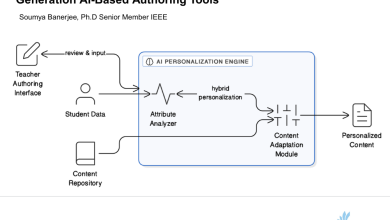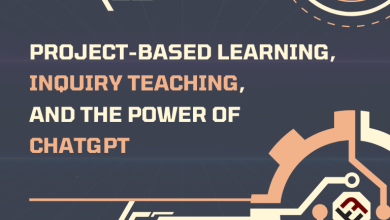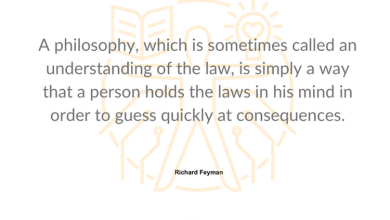Addressing 5 Common Project-Based Learning Challenges –
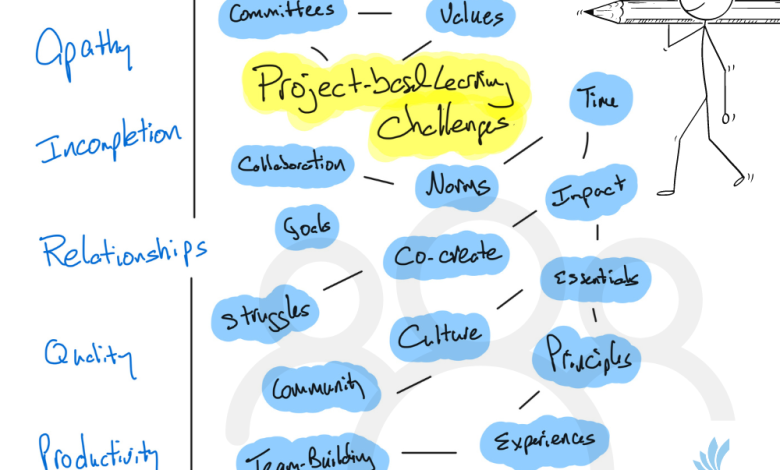
Address Common Project-Based Learning Challenges Through Culture-Building
contributed by Sara Segar, Experit Learning Depot
I would never claim to be the world’s best project-based educator.
There have been ups and downs, some duds, and big mistakes. I have encountered every PBL challenge imaginable, but I’ve used them as opportunities to do better. I’ve learned that every PBL struggle is preventable with a solid PBL culture.
What is a PBL culture?
Project-based learning (PBL) is sustained inquiry that emphasizes authenticity, community, and real-world problems. PBL culture is the shared values, expectations, goals, and norms built around those PBL principles. When your students walk into the classroom, they agree to be active members of a PBL community.
Not all students are there. Yet. The first step is to understand some of the most common PBL challenges.
Common Project-Based Learning Challenges
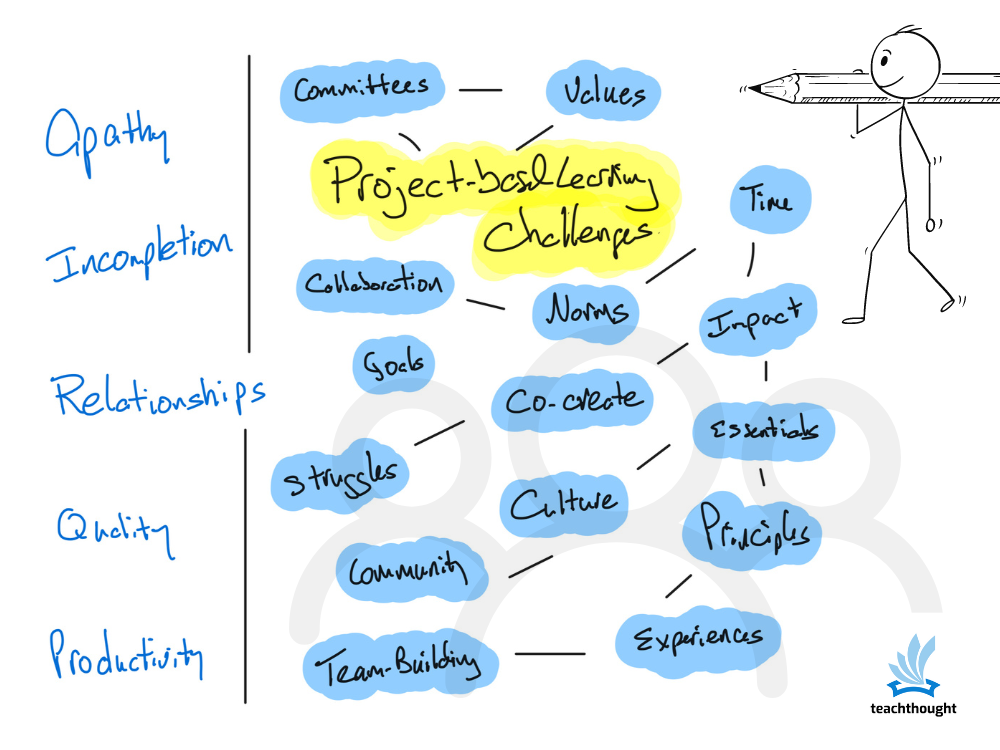
- Apathy
Apathetic learners have been a challenge for me in the past. Project-based learning is student-centered, so little gets done if learners aren’t interested or invested. Knowing the source of the apathy is important, and that’s where culture-building fits in.
- Project Incompletion
Some students struggle to complete PBLs due to task or time-management struggles. PBLs take time and require students to juggle many tasks. A little confidence-building can move the needle forward.
- Burning Bridges
Community members play an essential role in project-based learning. When students arrange to work with a community expert and then don’t follow through, they burn bridges, which negatively impacts the entire classroom community.
- Low-Quality Work
Low-quality work is an expected challenge. Students produce final products that fall below their capabilities. When it comes to PBL, poor-quality work has big implications. Final products are designed to solve a problem for an authentic audience, so the intended audience takes the hit if quality is lacking.
- Low Productivity
Periods of low productivity are normal. A culture of low productivity, however, is a problem. Project-based learning requires dedicated, active, and self-directed work periods. As a result, there are frequent opportunities for low productivity.
See also 25 Questions To Guide Teaching With Project-Based Learning
PBL Culture-Building Strategies
Those challenges can feel overwhelming. On the bright side, they’re all fixable by prioritizing culture-building. Implement the strategies outlined here and reinforce the culture you and your students have built together throughout the year.
- Cultivate Strong Relationships
One of my strengths as a project-based teacher is fostering intrapersonal and interpersonal relationships within our learning community.
I employ various relationship-building tactics, including get-to-know-you PBLs, personal learning plans, team-building activities, and more.
These strategies have helped my students form close connections with others, and enhance their ability to identify their needs, interests, and challenges.
These strong relationships have helped me overcome many PBL challenges such as apathy and burned bridges. I can get to the source of the problem because intra- and interpersonal relationships are strong.
- Co-Develop Classroom Norms
Writing classroom norms is vital to reducing PBL challenges. I like to cocreate PBL-specific norms with my students during the first week of school. I put those norms somewhere visible and we revisit them together when challenges arise.
Encourage students to write norms that address specific challenges. For example, “I will accept and offer kind and helpful feedback.” This example norm addresses low-quality work.
- Incorporate PBL Training for Students
Many of your students might be new to project-based learning (PBL). Inexperience with PBL can lead to problems such as project incompletion, low productivity, and low-quality work. Help students build PBL confidence through scaffolding and a training program.
I have implemented a mentorship-type program and a PBL training seminar, and I’ve had my upper-level project-based learners create a PBL training video for newcomers.
- Prioritize Skill-Building
Incorporating skill-building exercises or experiences into the learning day is game-changing. Producing a high-quality PBL involves various skills such as problem-solving, collaboration, communication, resourcefulness, time and task management, follow-through, and more.
Your students can and will acquire these skills in doing PBLs. However, giving them short and consistent skill-building exercises that tackle specific skill deficiencies can fast-track that process.
- Set the Stage for Autonomy
Creating a culture of autonomy is a powerful tool for preventing PBL challenges. Set the stage so that your students are inspired, curious, and self-motivated.
Provide opportunities for students to take the lead. They can write the classroom norms, run class meetings, coordinate authentic learning experiences, participate in class committees, design and lead their PBLs, create assessments, and more.
This approach sparks curiosity and engagement because learners are invested in the outcomes. PBL’s peskiest challenges fizzle out when there’s a culture of agency, self-direction, and passion.
Conclusion
I believe a solid PBL culture is a cure-all. Try identifying the PBL challenges you’re experiencing right now. Then, start implementing some of the culture-building strategies. You’ll be amazed by the dramatic impact just one of these strategies can have on the community culture, and there’s no better time to start than right now!
Sara Segar’s first career was in field ecology, and this authentic experience inspired her to pursue experiential education. She taught at a student-led project-based high school for ten years, where PBL was the entire curriculum. In 2018, she founded Experiential Learning Depot to train educators in PBL, which she still does today. She also works at a Montessori school in Minneapolis and remains committed to project-based learning after 16 years.
